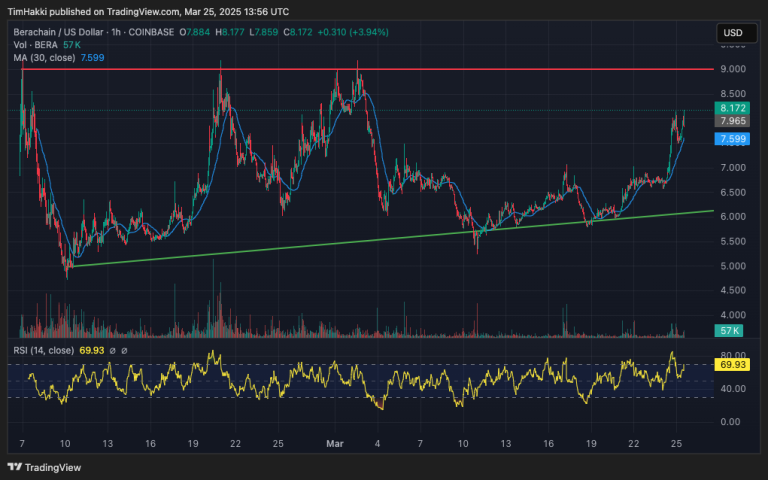Last updated:
 Why Trust Cryptonews
Why Trust Cryptonews
Ad Disclosure
We believe in full transparency with our readers. Some of our content includes affiliate links, and we may earn a commission through these partnerships. Read more

Crypto exchange platform OKX has issued a warning about a fake OKX Wallet browser extension that recently appeared on the Firefox browser plugin store.
The warning note posted on X stressed that OKX has not released any Firefox plugins. Further, they have already filed a complaint with Firefox officials requesting the removal of the fake browser extension.
“If you have already used this malicious plug-in, please transfer the relevant wallet assets immediately,” the post read. “We have already complained to Firefox officials.”

According to OKX, the plugins add third-party functionality into a web browser interface. The exchange has reminded users to only download plugins through OKX official website and not to download from third parties.
A Kaspersky report noted that some malicious browser extensions are difficult to detect by antivirus software.
“These extensions can add or remove text, labels, text fields, and other website elements,” the report added. “Malicious extensions can track affiliate IDs, engage in phishing activities and steal credentials, as well as steal cryptocurrency.”
Hackers Use Fake Browser Extensions to Steal Cryptos
Phishing or using look-alike browser extensions designed to steal cryptocurrency aren’t new in the space.
For instance, a malicious Firefox add-on named “Safepal Wallet” stayed listed on the official Mozilla extensions for seven months. In 2021, the fake plugin scammed users by draining their crypto wallets.
In May 2024, crypto users discovered a harmful Google Chrome extension designed to drain crypto funds by manipulating website cookies. A Binance trader, “doomxbt,” first spotted the issue, after he lost $70,000 linked to the suspicious activity.
Furthermore, Kaspersky observed a twofold increase in the number of malicious browser extensions at the beginning of 2023. These plugins were designed to perform web injects and steal cryptocurrency.
Blockchain security firm CertiK highlighted that phishing topped the list of crypto threats in 2024. More than $1 billion was lost across 296 incidents, which is a 331% increase since 2023.




